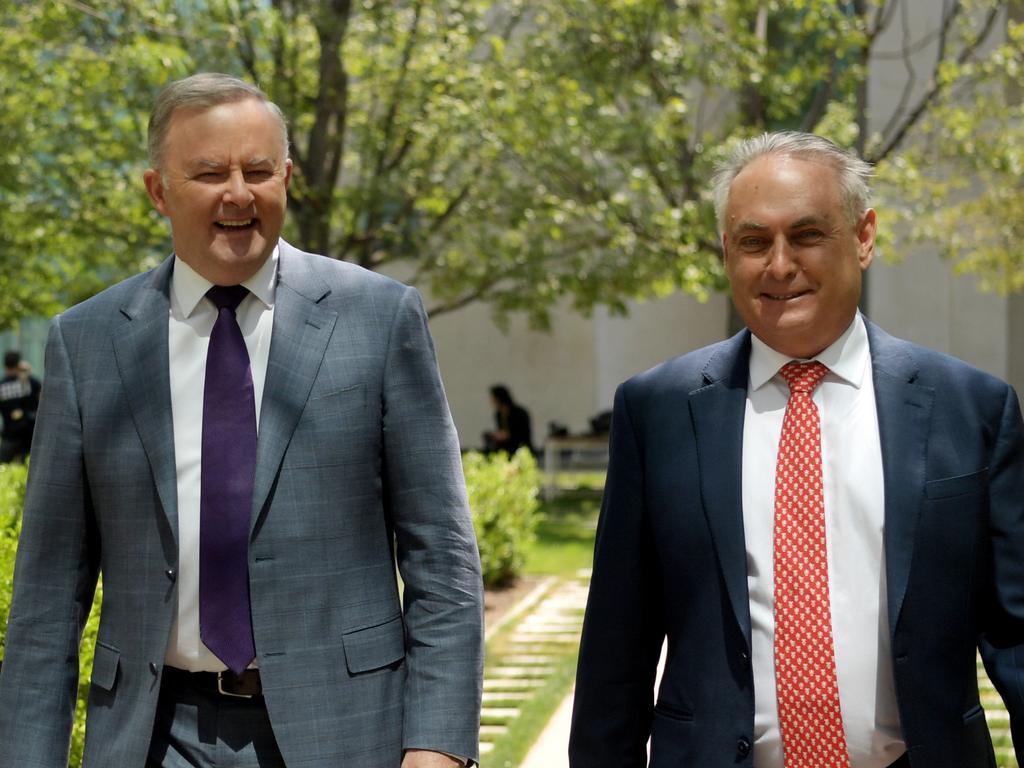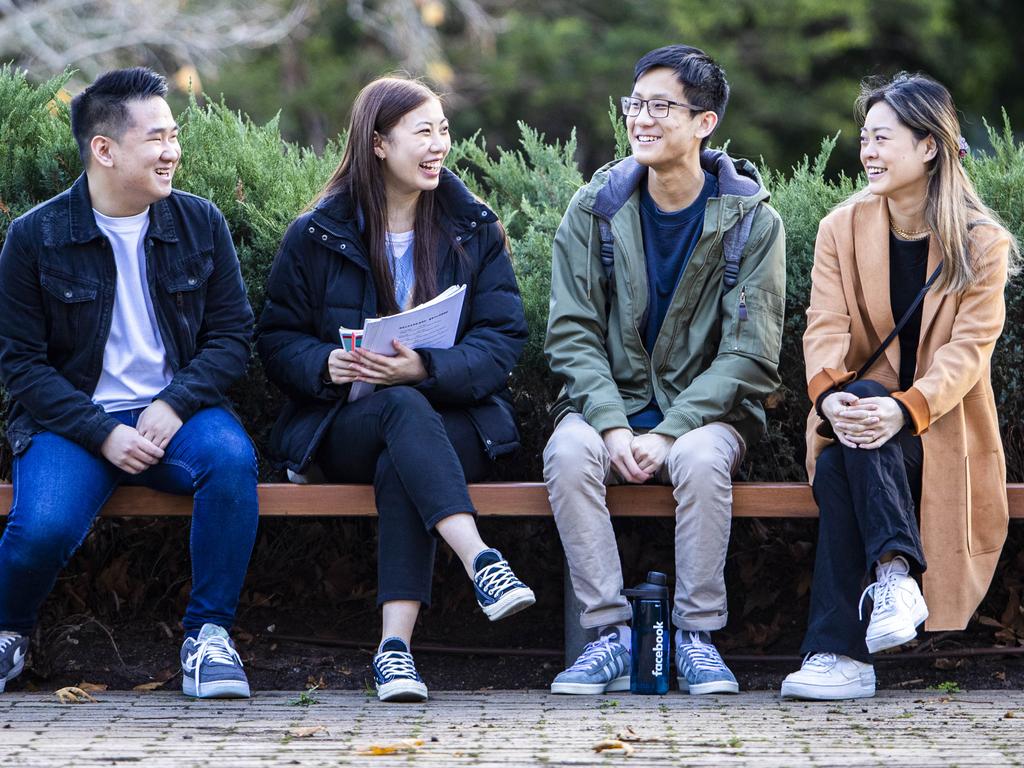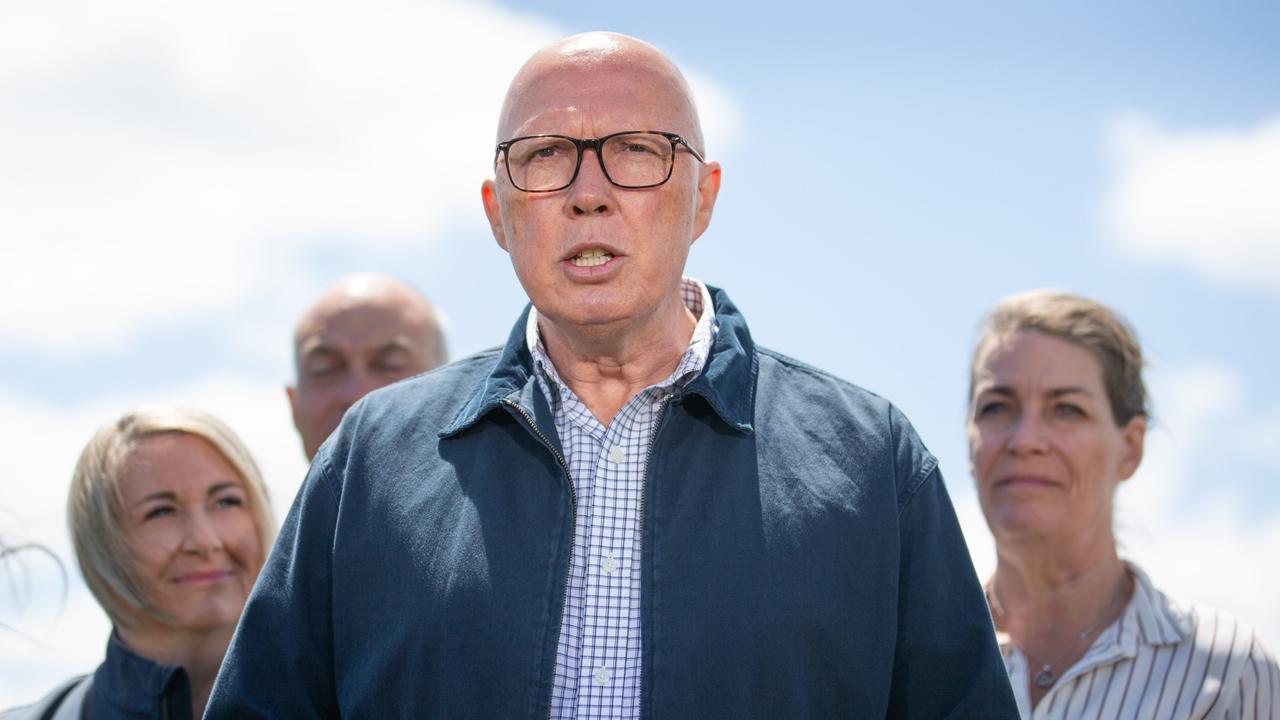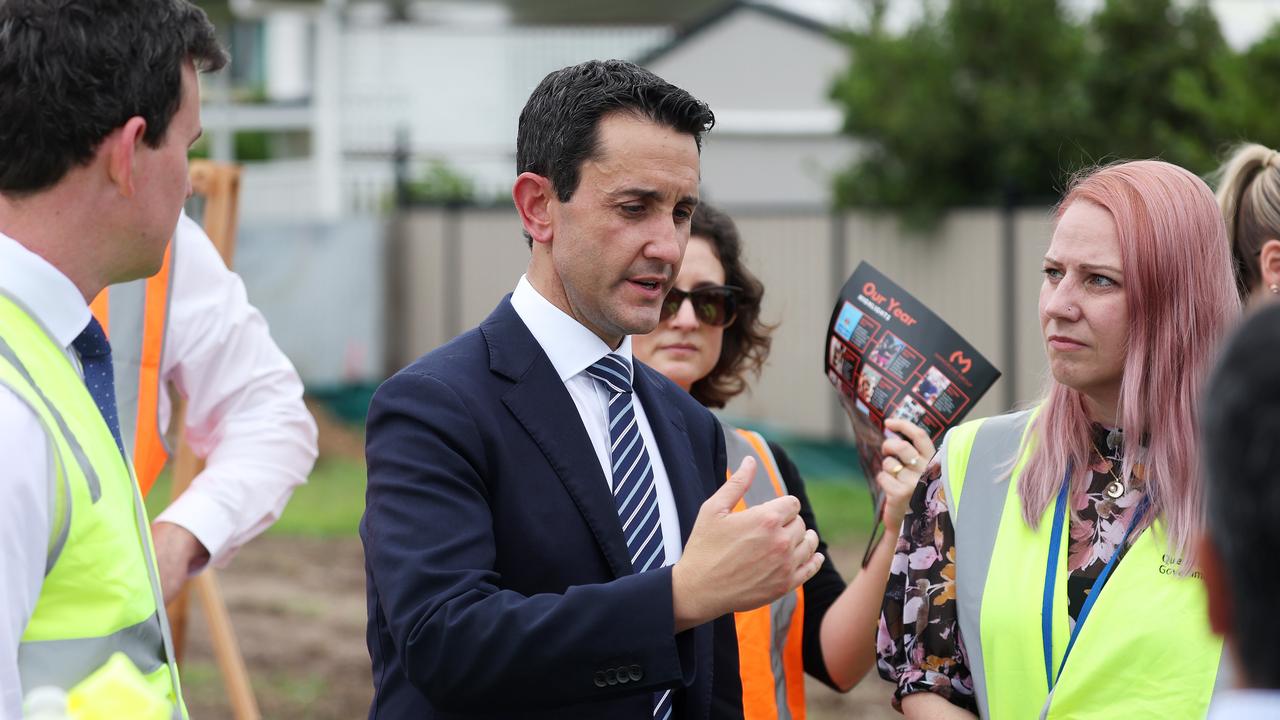Albanese says Australia and New Zealand ‘in lock-step’ on China threat
Anthony Albanese has insisted Australia is ‘in lock-step’ with New Zealand as they respond to Beijing’s growing influence in the Pacific, following talks with Prime Minister Jacinda Ardern.
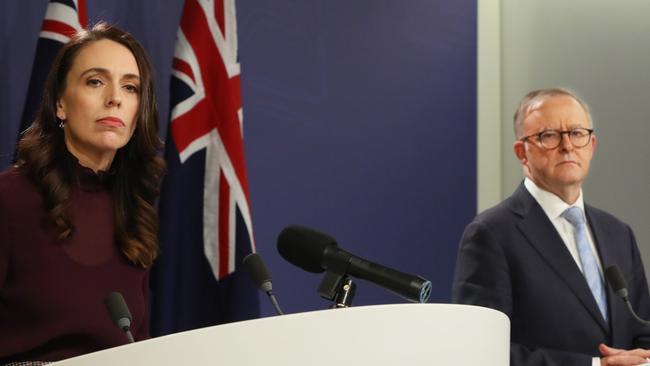
Anthony Albanese has insisted that the Australian government is “in lock-step” with New Zealand as they respond to Beijing’s growing influence in the Pacific, following talks with Prime Minister Jacinda Ardern in Sydney.
Mr Albanese said on Friday at a joint media conference with Ms Ardern that both governments were determined to partner with Pacific Island nations, focusing on increased foreign aid, climate change infrastructure and parliamentary engagement.
“At the coming Pacific Islands forum, we look forward to working not only with New Zealand but other Pacific partners to defend national sovereignty, and to look at ways to increase development,” the Prime Minister said.
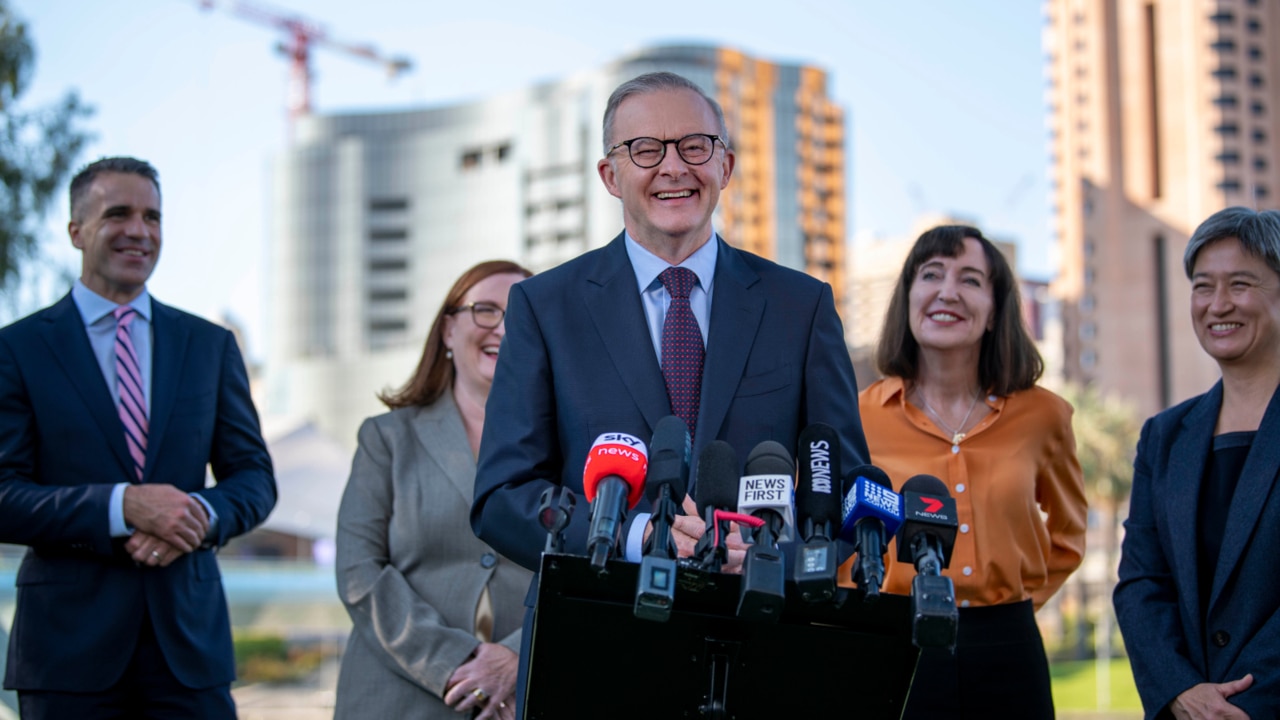
The comments from Mr Albanese, in answer to a question on whether the two nations had a united approach on China, come amid publicly aired concerns that Australia and New Zealand may have differences of opinion about Beijing’s increasingly assertive presence in the Pacific.
Matters came to a head in April with Beijing’s security deal with Solomon Islands, and uncertainty based on New Zealand’s apparent keenness to give precedence to its economic relationship with Beijing ahead of getting drawn into a debate over security.
Ms Ardern said on Friday that a number of Pacific Island nations had looked to China for economic agreements rather than signing security deals with Beijing. She said she wanted an “escalation of Pacific Island voices” so they could speak out on what they wanted.
“The Pacific region has listed climate change as its No 1 threat,” Ms Ardern said.
“I know with regards to New Zealand, we have a lot more to do, but we welcome being joined on that journey by Australia.”
Ms Ardern said New Zealand’s alliance with Australia and the US remained as strong as ever in the wake of the AUKUS alliance signing involving the US, Britain and Australia. She said bilateral relations with Australia would continue to reflect the closeness between the two nations.
Ms Ardern said New Zealand regarded Australia as “family” and she was able to have “free-flowing talks” with Mr Albanese on the “priorities” of working on the Pacific together, on climate change, on Russia’s unprovoked attack on Ukraine, and on shared experience in Indigenous policy.
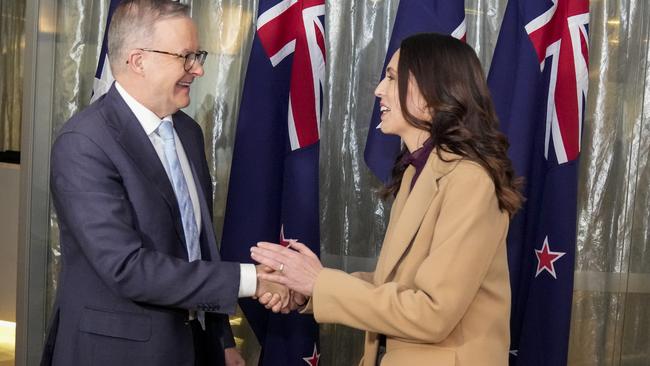
Following an informal dinner together on Thursday night, Ms Ardern held formal bilateral talks with Mr Albanese in Sydney on Friday. The leaders then shared a podium to outline their discussions and take media questions.
Ms Ardern is the first foreign leader to visit Australia since Labor’s election. In a sign of mutual personal affection and the political alignment of their two parties, Ms Ardern confirmed she called Mr Albanese on the evening of May 21 to congratulate him – even before he had appeared publicly to declare his party’s win.
Ms Ardern said she regarded her visit to Australia as a “reset” of relations between the two nations after there had been some “issues of friction”.
Her reference appeared to be a swipe at Scott Morrison, mainly over a key policy disagreement about the Australian government deporting New Zealand citizens with criminal records, including those who may have grown up in Australia and with no connection to New Zealand. While Ms Ardern’s past relations with Mr Morrison appeared to have been friendly, the deportation was a regular sore point. She told Mr Morrison publicly: “Do not deport your people and your problems.”
Mr Albanese gave some signals on Friday that Australia might be willing to discuss refining the policy on deporting New Zealanders with serious criminal histories. But he stood behind the policy and postponed any possible progress until further talks next month.
Ms Ardern said New Zealand was “not asking for a reversal” of the Australian government’s policy on deportation, and never had. But she said there were cases where the policy imposed was unfair, involving people with no connection to New Zealand at all.
New Zealand has encountered an increasing amount of gang-related crime which has been attributed in part to the number of its citizens deported from Australia.




